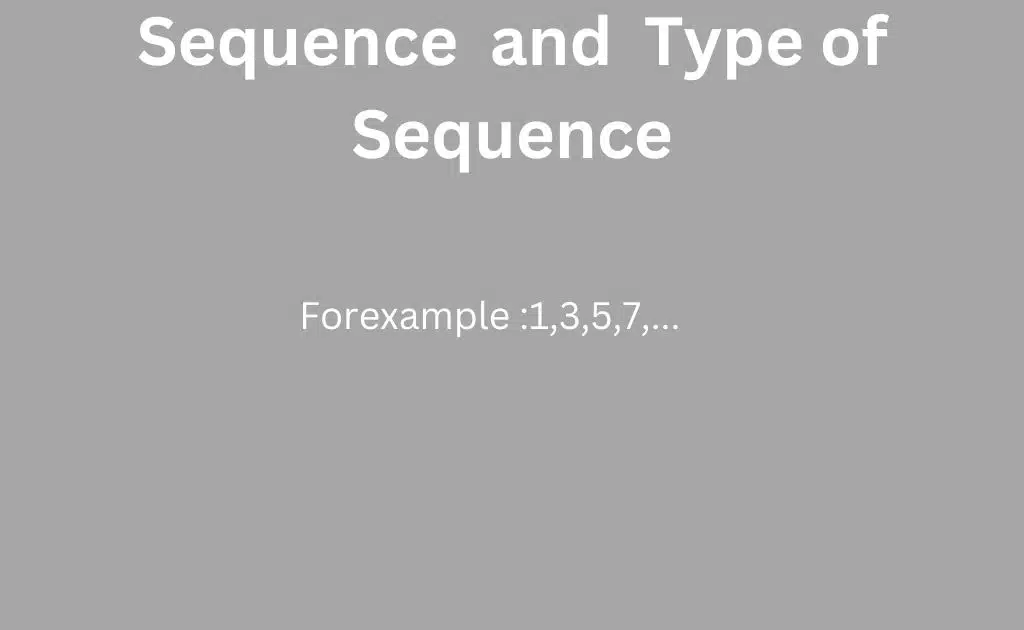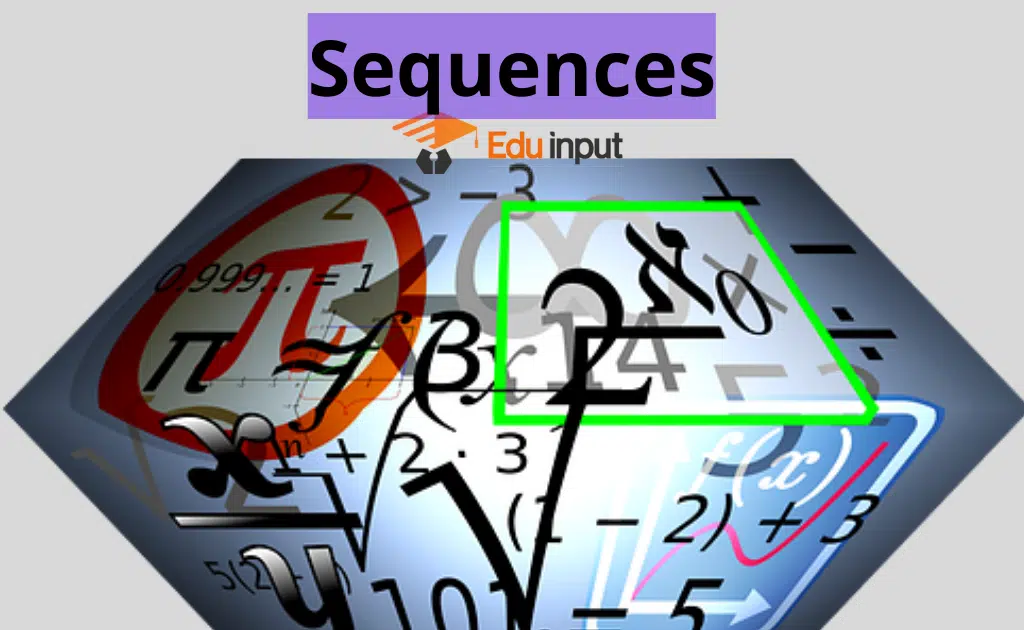Harmonic Progression | Sequence In Math
Harmonic progression is a sequence of numbers in which the reciprocal of each term is in arithmetic progression
Define Harmonic Progression
Harmonic progression is a sequence of numbers in which the reciprocal of each term is in arithmetic progression. In other words, a sequence of numbers a₁, a₂, a₃,… is said to be a harmonic progression if 1/a₁, 1/a₂, 1/a₃,… is an arithmetic progression.
For example,
The sequence 2, 4, 8, 16 is not a harmonic progression, but its reciprocals 1/2, 1/4, 1/8, 1/16 form an arithmetic progression.
In a harmonic progression, the terms get smaller as the sequence progresses, but they do so in a way that maintains a constant relationship between the reciprocals of each term. The nth term of a harmonic progression can be expressed as:
Where D and C are the first and common differences in the arithmetic progression of the reciprocals, respectively.
Define Harmonic Mean between two numbers
aₙ = 1/(1/d + (n-1)×(1/c))
A number ‘H’ is said to be Harmonic Mean between two numbers a and b if a, H, b are in H.P.in other words
The harmonic mean between two numbers a and b is a type of average that is calculated by taking the reciprocal of each number, calculating the arithmetic mean of those reciprocals, and then taking the reciprocal of that result.
Mathematically, the formula for the harmonic mean between a and b is:
Harmonic Mean = 2ab / (a + b)
In other words, the harmonic mean between a and b is equal to the product of a and b, divided by their sum, and then multiplied by 2.
The harmonic mean is useful in situations where the rate of change is important, such as in finance or physics, as it gives more weight to smaller values. It is commonly used to calculate the average rate of speed or other rates where the distance traveled or time taken is not constant.
For example:
if a car travels a distance of 120 km at a speed of 60 km/h, and then returns the same distance at a speed of 40 km/h, the average speed for the entire journey would be the harmonic mean of the two speeds, which is:
Harmonic Mean = 2 x 60 x 40 / (60 + 40) = 48 km/h
So, the average speed for the entire journey would be 48 km/h.
Prove that H=2ab/a+b where H is the Harmonic Mean between a and b.
Proof:
Let ‘H’ be the harmonic mean between a and b, then a, H,b from a H.p.
1/a,1/H,1/b are in A.P.
1/H -1/a=1/b-1/H
1/H+1/H=1/a+1/b
2/H=a+b/ab
H=2ab/a+b
Write n Harmonic mean between a and b
To find the n harmonic mean between two numbers a and b, we first calculate the harmonic mean of those two numbers, which is:
H = 2ab / (a + b)
Then, to find the n-th harmonic mean, we can use the following formula:
Hn = [(n-1)H + (a + b) / (n-1)] / n
Where n is the number of harmonic means we want to find (for example, n=3 would give us the 3rd harmonic mean), and H is the first harmonic mean we calculated above.
Essentially, to find the n-th harmonic mean between a and b, we take a weighted average of the first harmonic mean H and the arithmetic mean of a and b, with weights (n-1) and 1, respectively. The resulting value Hn will be the n-th harmonic mean between a and b.






Leave a Reply